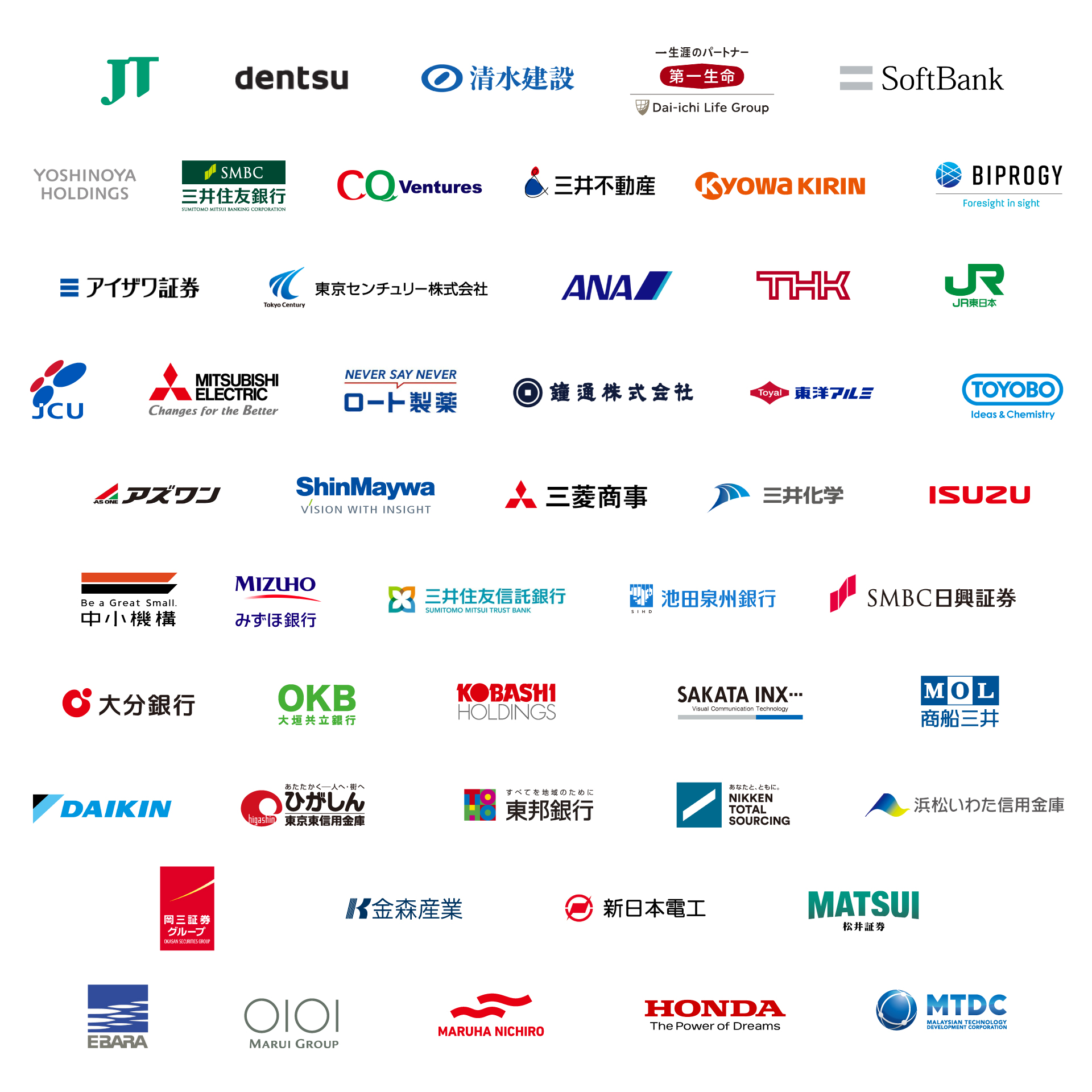REAL TECH FUND Global
Solving Southeast Asia’s Deep Issues with Deep Tech
Through our experience of investing in deep tech since its early days, we have seen how deep tech can provide fundamental solutions to environmental and social issues. While the deep issues we aim to solve have become increasingly globalised in recent years, each country and region also has its own unique deep issues. The optimal solutions may vary greatly depending on the economic development stage, societal and cultural context, and industrial policies of the country where they are implemented.
To implement deep tech solutions based on breakthrough science and technology, and significantly scale them to create the greatest impact at speed, partnerships are essential. The deep tech-specific ecosystem we have built over time has supported the growth of many deep tech startups, and we have expanded our activities outside Japan to connect this ecosystem with deep issues around the world, and to globalise the ecosystem itself.
The first market that we focus on is Southeast Asia. While Southeast Asia has significant potential with a total population of 650 million, an average GDP growth rate of 5.2% per year, and an average age of under 30, various deep issues have emerged behind its rapid growth. For example, in Jakarta, problems such as over concentration of the population, air pollution, and land subsidence caused by excessive groundwater extraction have led to the decision to relocate the capital to the island of Kalimantan. Social infrastructure such as public transportation, communication networks, electricity, sewage systems, etc. are under-developed outside of the major cities. Low productivity and the shift of labour away from the agriculture, fisheries, and livestock sectors, as well as the impact of unsustainable production methods are yet to be addressed on a significant scale.
Entrepreneurs and the power of science and technology have always been the key to solving these challenges.
Solving the world’s deep issues with the power of deep tech – we are taking on this “untrodden” challenge by expanding our global activities based in Southeast Asia.
Comprehensive and Specialised Support Ecosystem for Deep Tech Startups
A Unique Ecosystem to Discover and Support the Deep Tech Founders in Southeast Asia
Our founding partner, Leave a Nest, began collaborating with research institutions across six Southeast Asian countries starting with the establishment of the Singapore branch in 2010. Since then, they have been discovering and nurturing deep tech startups. The deep tech acceleration program “TECHPLANTER”, launched in 2014, have supported over 1,500 researchers and startups to date, establishing itself as a unique platform in Southeast Asia. Leveraging on this ecosystem, we, UntroD, supply catalytic capital.
Extensive Network of Industry Partners to Accelerate Growth
Real Tech Funds’ investors include more than 50 leading companies from diversified industries seeking to collaborate with deep tech startups. We actively connect our Southeast Asian portfolio companies with leading corporations and financial institutions. This has led to numerous partnerships tailored to the needs of startups, such as research and development collaboration, manufacturing support, capital participation, and distribution partnership, which have been instrumental in supporting the growth of our portfolio companies.
 ※Companies investing in either Japan or Global funds
※Companies investing in either Japan or Global funds
Co-investment Partnership with Government-linked Funds in Singapore, Malaysia, and the Philippines
The governments in Southeast Asian countries have begun to recognize the necessity of deep tech recently. In particular, the governments of Singapore, the Philippines, and Malaysia have established co-investment structures with private funds to accelerate deep tech investment. We have built a co-investment structure with government-linked venture support funds in three countries: Singapore, Malaysia, and the Philippines. To date, we have executed six co-investments in Singapore, and in 2023, we have made the first co-investment in the Philippines.